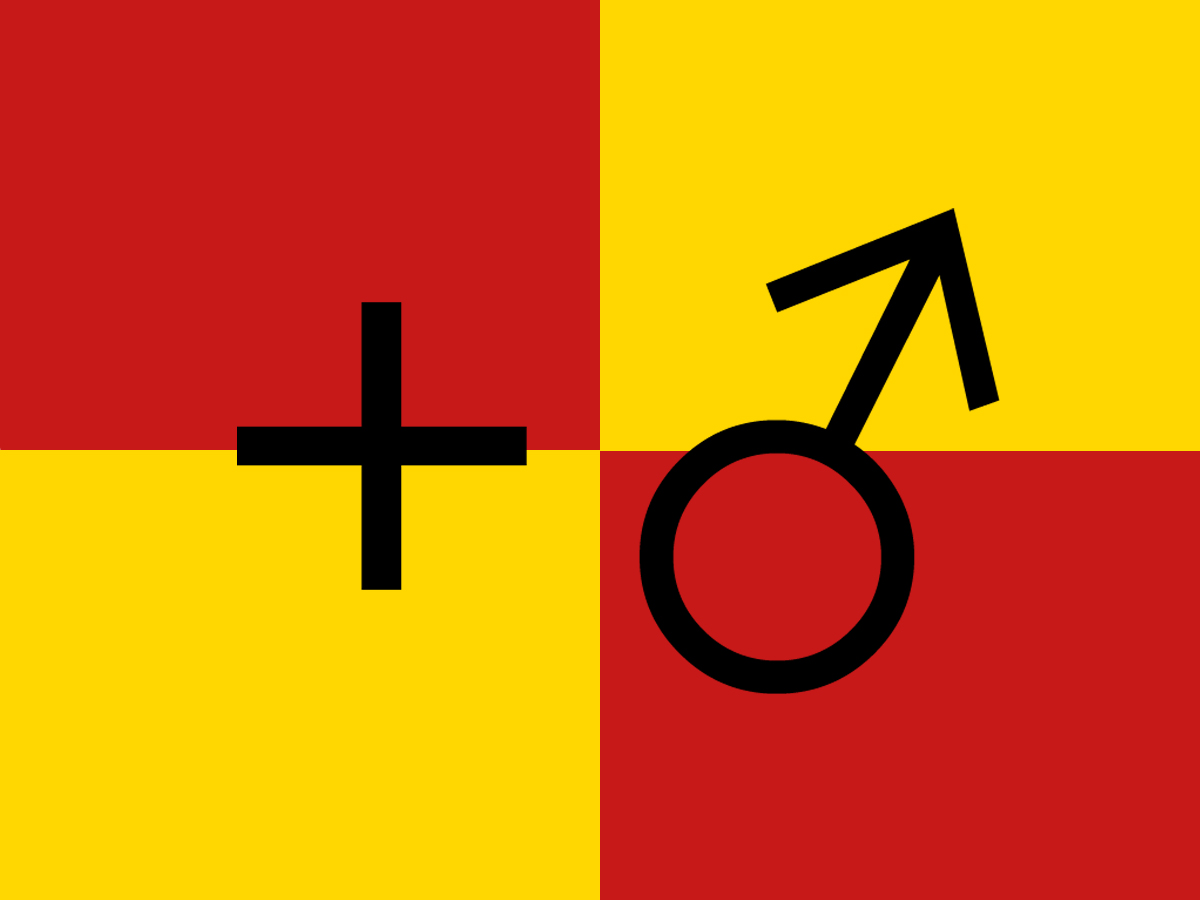If you’ve had the unfortunate pleasure of searching for the term “friend zone,” you’ve likely been bombarded with countless tips on escaping the friend zone. Well-meaning advice from doctors, therapists, and self-help gurus abound, all telling you the best way to “get the girl/guy.” This is absolutely an unhealthy attitude because it ignores the crucial point that the other party has their own autonomy which must be respected. We’re going to look at this a couple of ways, and provide some options for talking about the friend zone with your kids, friends, and family.
This post is part of our ongoing effort to improve education about Toxic Masculinity, and shifting towards Positive Masculinity, so remember it’s not about shame, guilt, or retribution. It’s always about growing.
Unwilling Contract
The Problem
The first thing we’re going to talk about is the unwilling contract. When most people say “I was friend-zoned,” what they mean is, “I was nice to them, and I expect them to reciprocate in the way that suits me.” The unwilling contract is formed when one person behaves in an apparently kind, generous, loving, or magnanimous fashion with the expectation that the behavior will result in a romantic or sexual relationship. This behavior is better known as manipulation and/or entitlement. As a result, people often hear an implied “They owe me” which isn’t appropriate because the two people never negotiated or agreed upon the plan that one person is nice, so the other person has to give them what they want.
The Other Perspective
Imagine someone gave you a gift—something expensive but useful like a tool, vacuum, or even new clothes. Now, imagine that several weeks later they gave you the receipt for the gift, and demanded you to pay them for the gift, with interest for the loan. You didn’t ask for the gift, you didn’t agree to the cost of the gift, and you certainly wouldn’t have bought the gift for yourself or borrowed money to buy it if there were interest charges. Them expecting a return on their gift would be a slap in the face. You thought they were being kind, generous even. Instead, you realize that they were using you as a savings account, and were only interested in how their “investment” would pay off. It would shatter the trust you had with them in an instant.
The Solution
Practicing genuine kindness, compassion, sensitivity, generosity, or loving behavior will build better relationships. Those better relationships are how you get to know someone well enough to know whether you should be together in the first place. Give. Be genuinely kind. Be genuinely invested in being a good person. If you become close, but never cross the boundary into relationship-status, you have avoided the “friend zone” entirely by being an actual friend to them. You lose: Nothing. You win: A close friend, and someone you can rely on.
Unrequited Love
The Problem
Many people who feel like they are in the friend zone express an assessment that the situation is unrequited love. By and large, if they are describing themselves as being in the friend zone, it’s not unrequited love. Unrequited love is when you are in love with someone who doesn’t love you back, and you romantically pine for them from afar. When you make it the love interest’s problem that they don’t love you, or you somehow hold that against them, we’re not talking about unrequited love. We’re talking about unwanted advances, potentially assault.
The Other Perspective
Imagine someone you weren’t into, perhaps someone who isn’t compatible with your sexual orientation, declared that they loved you and wanted you to be with them. You’re in an awkward place right out the door, because you’re not interested in the slightest, but you don’t want the situation to devolve or to hurt their feelings. You’re going to say something nice and refuse them, as a rule. This often looks like, “We are good friends, but that doesn’t work for me.” It might sound like the friend zone, but it’s really just you trying to de-escalate things and get out of the seriously awkward situation.
The Solution
This is an issue of consent, and dressing it up under the cute name of “friend zone” doesn’t take away the burden of getting permission before making advances, and stopping if you don’t have that consent. And, no, that does not mean it’s okay to proceed until they tell you to stop. That means you don’t start until they invite you to in the first place. The best thing you can do is talk to the other person. Instead of harboring a secret passion for them until it consumes you and you feel like your world will end if they don’t love you, you can just tell them you’re interested and see how they respond. If they reject you and you handle that well, there’s still room for you to grow closer to each other. If you explode on a tirade about the friend zone (even to your friends instead of to the romantic interest), you’ll likely seal the door forever. Keep the line of communication open, and don’t let awkwardness (much less perceived awkwardness which might not exist outside of your own perception) ruin your chances at being happy together.
Everything Else
There are countless scenarios, of course, because we’re talking about human experiences and interpretations. Use these examples to help you look for the flaws in the situation(s) you’re dealing with, and remember to focus on being a good friend and getting consent before moving forward.



